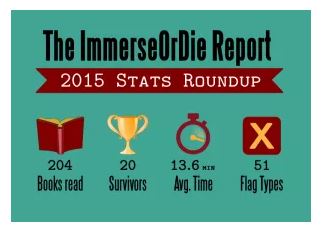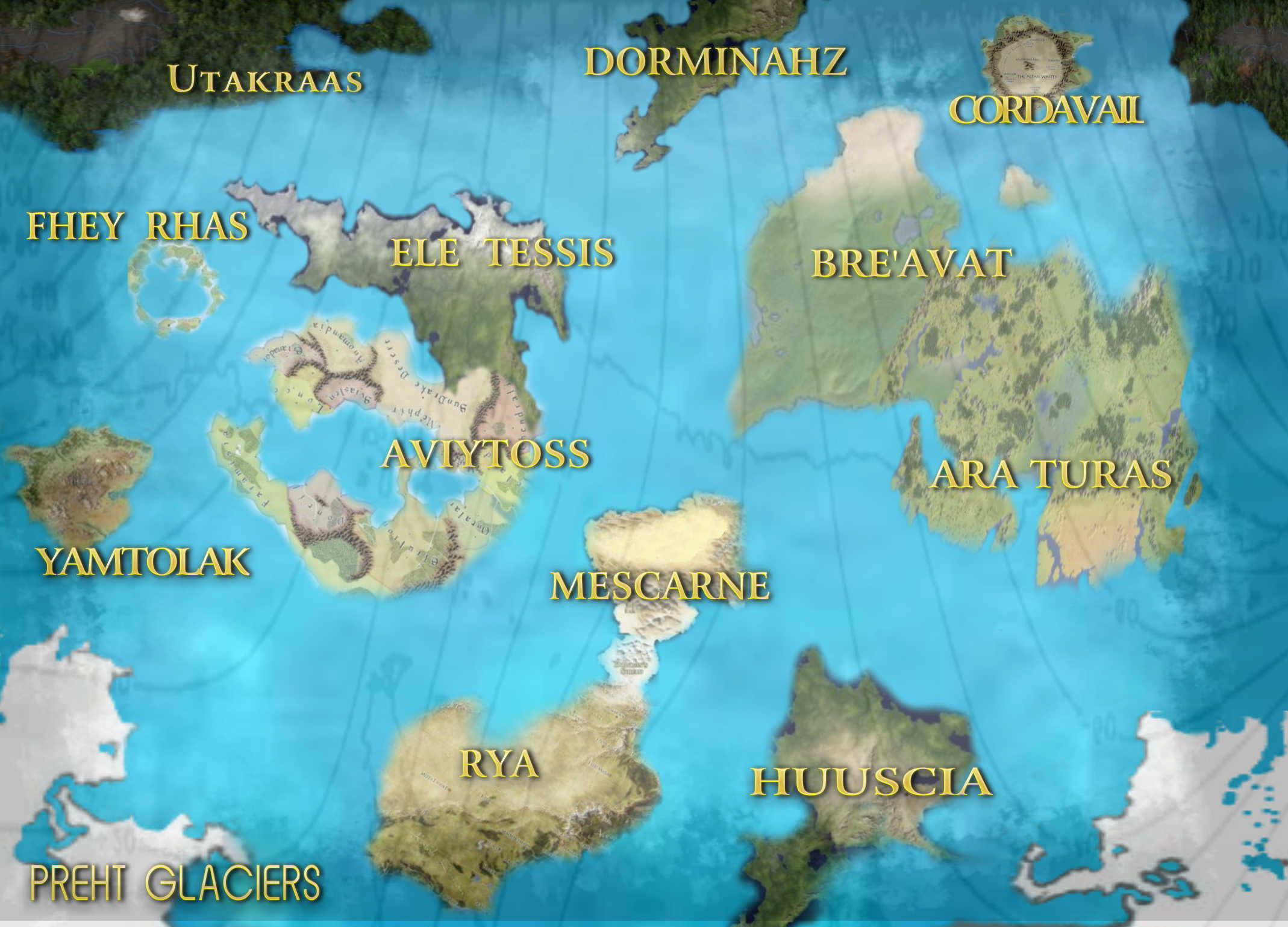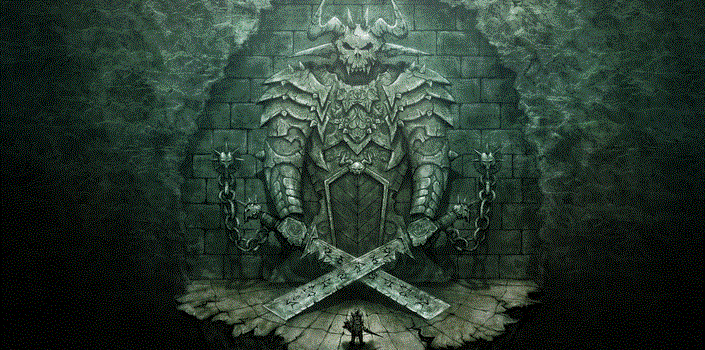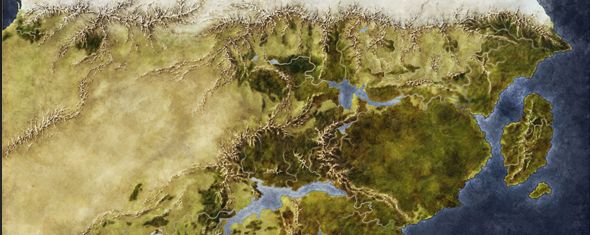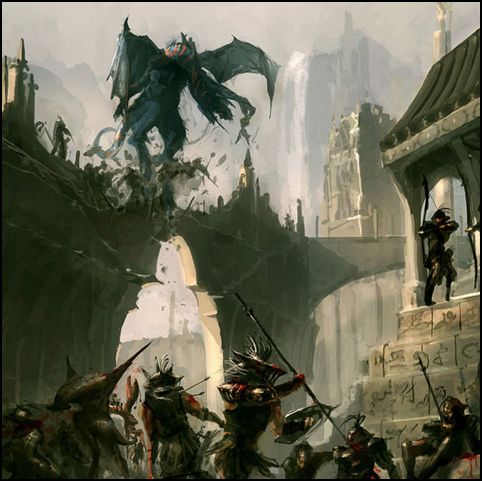Today, I wanted to post a little behind-the-scenes work I am doing. It will give you some insight into the research work I do to develop my characters and my storylines.
I usually start with a vague idea or an impression in my mind then I build upon that spark by asking myself questions and finding information online.
For this story (which will be in the sequel anthology for Weatherly Lane), it will revolve around the true-life serial killer known as The Axeman of New Orleans.
Very little is known of the infamous murderer. He was rarely seen and few who survived his attacks to give any credible accounting to the investigators. His reign of terror focused on the city of New Orleans from May, 1918 to October, 1919. Overall, the Axeman is accredited with twelve victims of which six people died.
Like the modern-day serial killer, The Zodiac Killer, the Axeman grew notorious as he sent a taunting letter to the investigators and mocked their efforts at capturing him. He made an odd request: if everyone in the city on March 19th would play jazz music, he would spare them another murder. It was reported on that night, many bars and nightclubs only played jazz. There were no more murders until August of 1919. To this day, on March 19th, some establishments still play only jazz. His last murder was in October of 1919. And like the Zodiac, he disappeared into obscurity, no more attacks occurred, and he was never captured.
Here is a sample of the letter he wrote to the police:
Hell, March 13, 1919
Esteemed Mortal:
They have never caught me, and they never will. They have never seen me, for I am invisible, even as the ether surrounding your earth. I am not a human being but a spirit and a demon from the hottest hell. I am what you Orleanians and your foolish police call the Axeman.
When I see fit, I shall come and claim other victims. I alone know whom they shall be. I shall leave no clue except my bloody axe, besmeared with blood and brains of he whom I have sent below to keep me company.
If you wish, you may tell the police to be careful not to rile me. Of course, I am a reasonable spirit. I take no offense at the way they have conducted their investigations in the past. In fact, they have been so utterly stupid as to not only amuse me but His Satanic Majesty, Francis Josef, etc. But tell them to beware. Let them not try to discover what I am, for it was better that they were never born than to incur the wrath of the Axeman...
Often I like to delve into the backstory of my main character to better get to know him or her. If I know the character well, then I can write their dialogue or their decisions with better clarity and authenticity. Sometimes I include some of the backstory in my main story, sometimes I leave it out maybe for future work.
My story is of course fictional. The information I provide here is completely conjecture and invented for story purposes. In other words, I have not done any real investigation work or propose that I know who he really was.
Here are some interview questions I pulled from Chatgpt:
1. What is the character’s name? Where was the character born?
Victor Daniel Perrone (his mother’s surname) was born in New Orleans, LA.
2. What is the character’s family background?
He’s half-black, half-Italian. He and his mother, Luanne, and half-sister, Sherry, lived in the squalor of the French Quarter. His father, Francis “Frank” Basso, owned a small grocery and was the landlord of the apartment building which they lived in. His mother worked for a dry cleaner shop.
3. What is the character’s earliest memory?
His earliest memory was of his father beating his mother and his sister over a broken glass picture frame. His father was a violent alcoholic.
4. What was the character’s childhood like?
Terrible and abusive. The nightmare abuse stopped finally after Francis drowned his sister in the bathtub while in a drunken rage. He escaped into the night and was never punished.
5. Did the character have any siblings? If so, what was their relationship like?
They were very close due to the severity of their situation. They were poor and their mother was too weak to stand up to the man. Due to his age, he was spared most of the beatings, but he witnessed the attacks.
6. What significant events shaped the character’s early years?
He grew up bitter and angry toward Italians like his father. When he was only fourteen, he left his mother to pursue his father. He managed to get a position on a Mississippi river ferry. There he learned about jazz and became a decent musician.
7. What was the character’s education like?
He was intelligent, talented as a trumpet player, but limited since he didn’t finish school. While he did obtain a modest career as a jazz player, he never got fame due to his quick temper and bitterness. He was still driven to get justice against his father and kept up his search in his free time.
8. What were the character’s hobbies and interests as a child?
He enjoyed music and had an interest in dark poetry. While he didn’t finish school, he did self-teach himself literature and read a lot of the classics. He was fairly well-spoken and could be eloquent. This sometimes made him seem condescending and pompous.
9. Did the character have any close friends growing up?
No. He didn’t make friends. He grew up poor, dirty, and standoffish. Plus, it was easier to hide bruises and injuries if you didn’t get close to people.
10. Did the character experience any traumatic events in childhood?
The day he learned he was a child of rape really impacted him. His sister’s father had just died at sea working on a fishing vessel. His father who was their landlord immediately attacked and raped his mother when he learned of the father’s death. Authorities didn’t put much effort in the case against him as Francis was a “creditable” white business man and she was a poor black woman.
11. What was the character’s relationship with their parents like?
Of course, he loved his mother but grew disgusted with her lack of strength to stand up for herself or the children. He hated his father. After Francis killed his sister and escaped justice, he began having fantasies about killing him. It led to his homicidal desires.
12. What are the character’s cultural and religious beliefs?
He has a shallow belief in God and Hell. He feels he is an avenging spirit for God, but doesn’t have any real morality. As an instrument of God, Victor targets Italian males especially ones he feels are irredeemable sinners.
13. How did the character’s upbringing influence their values and beliefs?
He hides behind his musician persona and religion in order to enact his murders. He still keeps aloof and doesn’t have any romantic relationships or lasting friendships.
14. What were the character’s dreams and aspirations as a child?
He had dreams of taking his mother and sister away. Living in the country on a simple farm. Anywhere really to keep his family safe from Francis.
15. Did the character face any challenges or obstacles in their youth?
He ran away at the age of fourteen after his sister’s death. First, he wanted to find his father, but then ended up on the street. Life turned around for him when he gained a post on the ferry. But his nagging need to find his father kept him tied to his tragic past. This broke his soul and eventually his mental status.
16. Has the character experienced loss or grief in their life?
Only his sister’s murder affected him. When his mother died alone ten years after he left, he didn’t even bother to attend her funeral.
17. What are the character’s strengths and weaknesses based on their past experiences?
He’s very critical of himself and others. Doesn’t always say his true thoughts, but he doesn’t hide his negativity well either.
18. How did the character’s past shape their personality?
His anger, his pursuit, and his homicidal rage him led down many dark paths. In the story, Victor will be an easy target for the evil of Hasthra. When the two meet in early 1918, Hasthra will easily manipulate and mold him into a killer.
19. What is the character’s relationship with authority figures like?
He is quick to mock or think ill of the police as they never caught his father or brought him justice. This also makes him more brazen and even reckless when he begins his own slaughters. His confidence in their ineptitude proves accurate.
20. Has the character experienced any discrimination or prejudice?
He has faced some due to his mixed heritage, but he has more Italian features than black. He is quite handsome and his career as a jazz musician has kept that limited to a degree.
21. What is the character’s relationship with money and material possessions?
He has modest needs. Most of his money has gone toward his goal of finding and killing his father. He will return from Kingston and live upon the river ferry and doesn’t have need for much else. The constant relocation of the Mariah Lee, the river ferry, gives him a perfect way to keep eluding the police.
22. Has the character experienced any form of addiction or mental health issues?
Other than his obsession with punishing Italian men, he has no other addictions. He will become mainly one of many weapons wielded by Hasthra from its lair in Kingston.
23. What are the character’s fears and insecurities based on their past?
He isn’t too worried about the police and being caught. He has honed his craft well and knows how to remain a step ahead. His arrogance will trip him up eventually. He is haunted by nightmares from his childhood. They spark his rage or send him into a delusional panic as his mental state breaks down further and further.
24. Has the character ever been in trouble with the law?
Caught a couple of times as a teen stealing but nothing around his darker deeds. He was never on their radar or been a person-of-interest in any case.
25. What is the character’s relationship with their hometown or place of origin?
He haunts New Orleans because he vows that his father is still out there somewhere. He will keep killing him over and over.
As you can see, these questions and others help me delve into the mind of the character, even the mind of one so sick and broken. It also helps me tie historical facts with my fictional content. I already have a strong sense of the evil entity, Hasthra, and now when the two intersect I will be able to have an in depth dialogue with the two. This meeting will alter many lives and set in motion a domino effect of death and mayhem.
Which is just what Hasthra feeds upon and gathers into its power…
I hope that this has been interesting for you and gives you a sneak peek into the upcoming sequel to my short story in the horror anthology, Weatherly Lane 2! (The inside word is that the sequel will be released sometime in the first half of 2025!)






